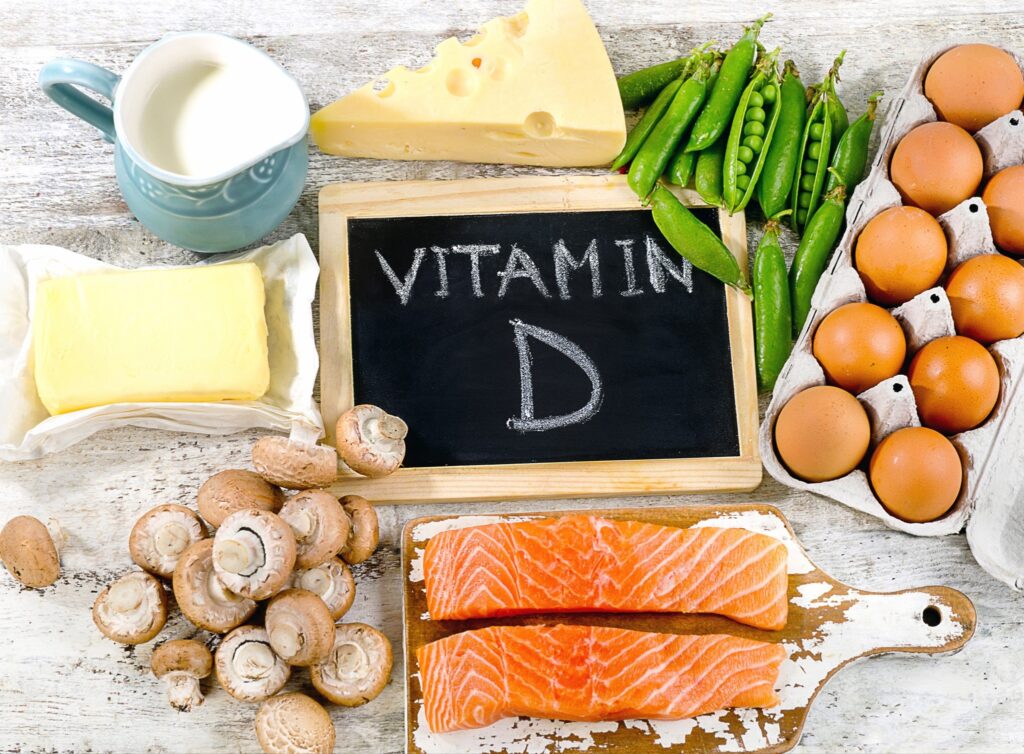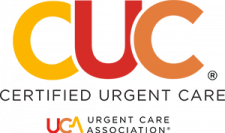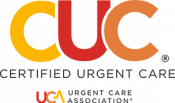Most people don’t get enough vitamin D. In fact, 42% of Americans are classified as vitamin D deficient. This primary nutrient is essential to an overall healthy body and helps build and maintain strong bones.
With the summer fast approaching, many believe that you can eliminate a vitamin D deficiency by increasing your sun exposure. While this is true, to some extent, the sun alone will not increase your vitamin level enough to rule out a deficiency.
Another factor to consider when boosting your time in the sun is your increased risk of sunburn. Too much sun exposure can lead to skin damage.
The good news is that there are various ways to supplement your daily diet and lifestyle to increase your vitamin D level, and there is a happy medium when it comes to spending time in the sunlight.
Let’s dive into understanding the importance of vitamin D in more detail.
What Is Vitamin D and Why Is It Important?
Vitamin D is an essential nutrient we consume in foods and a hormone that our body naturally produces. It is a fat-soluble vitamin that aids the body in calcium and phosphorous absorption.
Vitamin D has also been shown to
- reduce inflammation
- combat and control infection
- improve cognitive health
- treat bone disorders
- reduce cancer cell growth
This vitamin is a critical element in healthy bone growth. Vitamin D is so important because your body would not be able to absorb calcium fully without it.
In addition, Vitamin D regulates other cellular-level functions. Its antioxidant and neuroprotective properties aid in optimal immune health, overall muscle function and positive brain cell activity.
Daily Intake Recommendations
According to Mayo Clinic, children should consume 400 international units (IU) up to age 1, 600 IU for those ages 1 to 70 years, and 800 IU for those 70 and older.
Symptoms of Vitamin D Deficiency
Not having enough vitamin D in your body can lead to deficiency, often characterized by the onset of various symptoms including
- fatigue
- bone and joint pain
- bone loss
- mood changes
- muscle cramps
5 Effective Ways to Get More Vitamin D
1. Spend time outdoors.
Outside time in the sun is the most popular and suggested option to boost your vitamin D levels. Aim to spend about 15-20 minutes outside each day with at least 40% of your skin exposed to the sun. To reduce your risk of sunburn, consider applying sunscreen with an SFP of at least 15.
2. Drink fortified milk.
On your next grocery store trip, check the label on your milk and ensure it is fortified with vitamin D. Try to consume at least one glass of milk a day straight out of the cup, mixed in with your favorite cereal, or even added to a smoothie.
3. Eat fatty fish.
Fatty fish and seafood are among the highest naturally occurring sources of vitamin D. In fact, a 3.5oz serving of wild-caught salmon can provide up to 50% of the daily recommendation for vitamin D intake.
The amount of vitamin D varies from one fish species to another. Other than salmon, seafood rich in this nutrient includes
- oysters
- tuna
- mackerel
- shrimp
- anchovies or sardines
4. Eat mushrooms.
If you are vegetarian or simply don’t like fish, mushrooms are a great source of vitamin D.
Like humans, mushrooms can produce vitamin D naturally through UV light exposure.
Wild mushrooms will provide the best source of vitamin D when compared to their farm-grown counterparts. Some varieties even provide up to 300% of the recommended daily value.
5. Take vitamin D supplements.
If you’ve tried to boost your vitamin D levels through sun exposure and diet without a significant difference, consider supplementing with a vitamin capsule or tablet. This is the best way to ensure consistent levels of vitamin D consumption for your body.
Sunburn Care in Thibodaux
Vitamin D is an essential nutrient that can be absorbed from the sun allowing us to build and maintain strong bones. If you’ve recently tried to up your intake and spent too long in the sun, which resulted in a moderate to severe sunburn, we can help.
Don’t wait on treatment for a sunburn; we are open seven days a week to take care of all urgent care matters, simply walk in.




